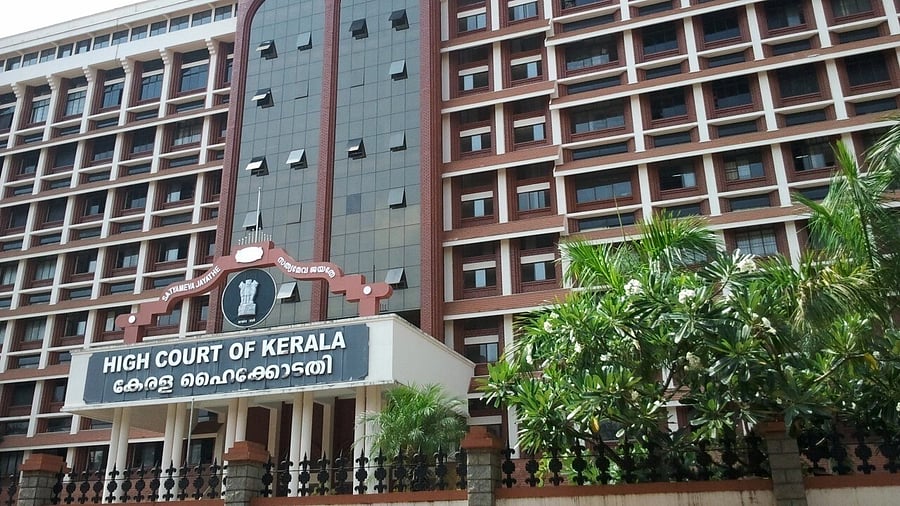
Kerala High Court.
Credit: DH File Photo
Thiruvananthapuram: In a relief to over 600 families in Munambam near Kochi facing eviction over the Kerala Waqf Board’s land claim, the Kerala High Court on Friday observed that the Board’s decision to declare the disputed land as Waqf property was not legally valid.
A division bench made the observation while setting aside a single bench order that had quashed the Kerala government’s move to form an inquiry commission to examine the issue. The bench, however, refrained from cancelling the Waqf Board’s 2019 order declaring the land as Waqf since the case before it only pertained to the appointment of the inquiry commission.
The bench of Justice S A Dharmadhikari and Justice Syam Kumar V M noted that the Munambam land originated from a 1950 gift deed and said the Waqf declaration could amount to an attempt at land grabbing.
“The action of the Kerala Waqf Board in declaring or registering the property as Waqf through its 2019 orders is bad in law, being unreasonably delayed and in violation of the provisions of the Waqf Acts of 1954, 1984, and 1995, and is therefore unenforceable,” the court said.
The Munambam Bhoo Samrakshana Samithi, representing local residents who have been protesting for over 360 days, urged the state government to restore revenue rights to landowners in light of the court’s observations.
The dispute began in 2019 when the Waqf Board staked claim over land owned by around 610 families, citing it was donated to Farook College in Kozhikode by one Siddique Sait in 1950. By 2022, the families were unable to pay land tax at the village office. Though the state allowed tax payments, the Waqf Samrakshana Samithi challenged the order in court, halting the process. The Board’s claim remains pending before the Waqf Tribunal.
The issue gained national attention after the BJP-led Centre cited it while introducing amendments to the Waqf Act. Union Minority Affairs Minister Kiren Rijiju, while presenting the Bill in Parliament, said the changes would help people affected by such disputes, referring specifically to the Munambam case. He had also visited the area and expressed support for residents.